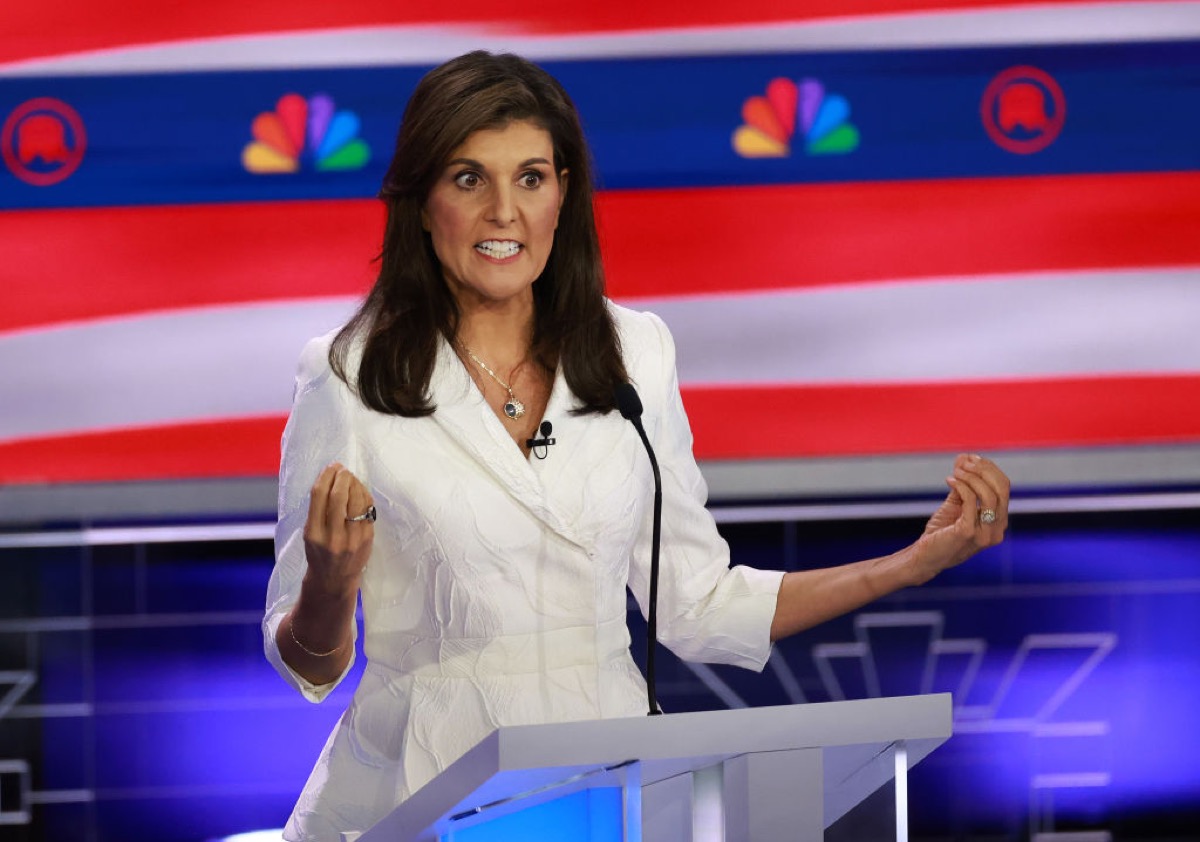What Does the Koch Bros’ Endorsement of Nikki Hailey Mean for the Republican Primary?

The powerful conservative mega donors Charles and David Koch have officially put their support behind former US Ambassador and South Carolina Governor Nikki Haley. Other members of the billionaire class seem poised to follow suit, so what does it all mean for the Republican primary?
The CEO of JP Morgan Chase has already gotten behind Haley. Other CEO billionaires like the heads of Citadel and Home Depot are considering making the same move. This stands to make Haley far more competitive in the Republican primary. A Haley versus Trump race would be an interesting one, a battle between the donor-class establishment Republican party and the ultra-right populism of Trump.
In many ways, it’s unsurprising that Haley has the backing of the conservative elite. Haley has made millions herself—and some of it she made by resigning from the Trump administration after serving for just two years. After leaving the Trump administration, Haley raked in big bucks through speaking gigs, consulting, serving on corporate boards, and writing multiple books.
In many ways, Nikki Haley sounds like an old school (read: pre-Trump) Republican. Cut spending. Lower taxes. Deregulate businesses. These stances all clearly appeal to the corporate sector. Though Trump, like Haley, is a member of America’s elite, their track records vary. Though Trump often boasts about his business acumen (in his book The Art of the Deal, on TV in The Apprentice), most of his fortune was inherited. A high percentage of Trump’s business dealings resulted in debt and bankruptcy.
It’s also telling that the Koch brothers have chosen Nikki Haley over Ron Desantis. Though Mike Pence has dropped out of the Republican primary, he has spoken on the current Republican fissure between conservative and populism. Are Republicans ready to step away from Trump’s bully politics and hate-mongering and return to their roots—hawkish foreign policies and (supposed) fiscal conservatism? This election will shed light on that.
There’s evidence, even beyond the Koch brothers’ endorsement, to suggest that Republican party insiders hope to block Trump from becoming the party’s presidential nominee again. But can they throw enough billionaire money at it to make it happen? Trump has branded himself as anti-establishment and that clearly appeals to a broad swath of voters. While many are turned off by Trump’s rudeness and name-calling (on his alternative social media platform, Truth Social, Trump has taken to calling Nikki Haley “bird brain”), others seemingly appreciate it.
Though both the far right and the far left offer a bottom-up populist message, the far right seems to currently be gaining more traction, not just in the U.S. but also internationally. The reason Trump-style far right populism appeals to voters has and remains subject to debate. Trump’s rhetoric lets people tap into feelings of being wronged and entitled to rage, hate, and even violence. This kind of self-interest may be easier to access than the communal values of the far left.
The Republican primary is shaping up to a change to see if Trump’s spell still holds power over Republican voters or whether the older brand of Republicanism (in the person of Nikki Haley) will be dusted back off again.
(featured image: Joe Raedle/Getty Images)
Have a tip we should know? [email protected]